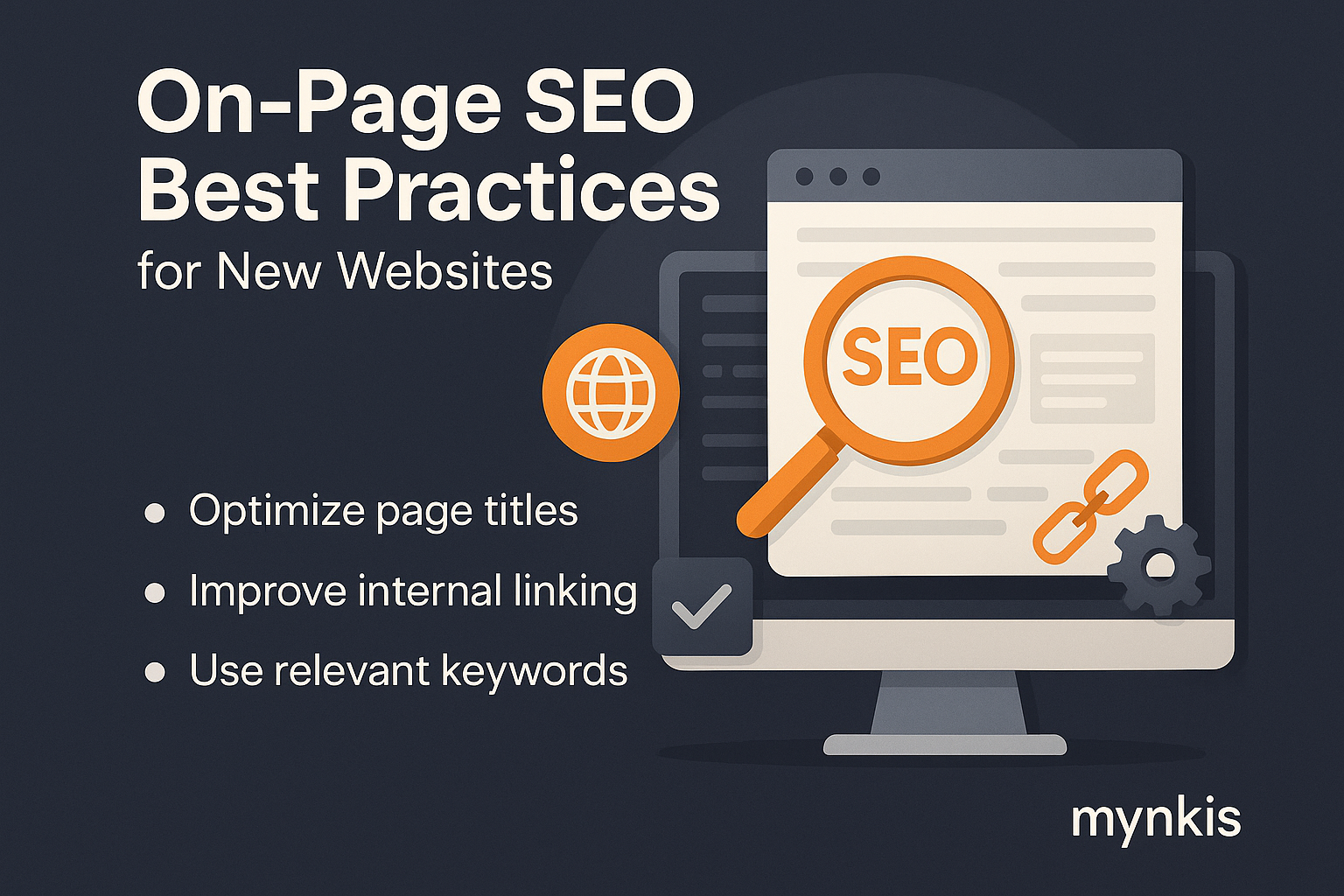Schedule a Demo
Whether you're launching a sleek MVP or your business's flagship platform, nailing on-page SEO from the start can't be underestimated. It's like laying down a solid foundation before building a skyscraper—get it wrong, and your towering ambitions might just topple over. I’ve seen it too often where founders put all their energy into the look and feel, but neglect SEO essentials, and their site simply doesn't get the visibility it deserves.
So, what’s crucial for on-page SEO? First up, we dive into the bedrock: keyword research. Identify the terms your ideal customers use to find businesses like yours. It's a no-brainer, but trust me, using data-driven tools to refine your approach can dramatically affect your reach. Get this step right, and you're not just casting a wide net; you're fishing where the fish are already swimming.
Integrating those hard-earned keywords into your site is a balancing act. You want to incorporate your primary keywords, like custom software development, about 3-5 times throughout your content. But here's where finesse comes in: don't just shove keywords into any nooks and crannies of your text. Weave them naturally into your headlines, meta descriptions, and content. In my experience, focusing on quality over quantity keeps Google's bots happy and your readers engaged.
For title tags, think of them as the headline of your web page in search engine results. Make them compelling, and don't exceed 60 characters because Google might truncate them. The same goes for meta descriptions; keep them snappy yet informative within 155-160 characters. Both elements should include your focus keywords while inviting the searcher to click through.
Let's talk URL structure. I've worked with startups who've ignored their URLs' SEO potential, but it's a game-changer for new websites. Use keywords in your URLs, keep them short, and make them descriptive. It's not just about Google; clear URLs signal to users exactly what they're about to see. No more cryptic sequences of numbers and letters—think usability and relevance.
If you're building a complex site, consider a logical hierarchy in your URL structure. For instance, domain.com/custom-software-development reflects your page's content far better than domain.com/page24. It's a simple tweak with significant SEO benefits.
High-quality, relevant content is non-negotiable. Every page should aim to answer questions or solve problems for your target audience. That's where long-tail keywords can shine. For instance, in content aimed at founders, phrases like enterprise web solutions cater to their likely searches for scalable tech support. This isn’t about tricking algorithms; it's about serving your audience, and the algorithms will reward you accordingly.
My advice? Create comprehensive content. Break it into sections with clear headings. Help search engines understand the hierarchy of your page. I've seen websites achieve remarkable organic rankings by organizing content in this thoughtful way.
Let's not overlook the importance of internal linking. Creating a web of links that flow naturally from one page to another is vital for SEO. Not only does it keep users navigating your site longer, but it also helps search engines understand your site's structure. A smooth user experience and clear information architecture? That's a win-win.
And when it comes to external links, quality matters. I recommend linking to trusted sources within your industry—a nod to Google's EEAT principles of Experience, Expertise, Authoritativeness, and Trustworthiness. Sure, it can send traffic away from your site, but showcasing credibility and insights from industry leaders can improve your site's ranking potential.
SEO isn’t just a search engine affair; it's deeply interwoven with user experience (UX). For founders, think about your MVP website not only through the lens of code and aesthetics but also in terms of how seamlessly users navigate it. Custom software development should prioritize site speed, mobile-friendliness, and intuitive design. These UX aspects directly correlate with SEO performance—keeping users on your site longer by making their experience enjoyable boosts your rankings.
In a practical example from my own projects, a site that optimized for mobile dramatically improved its bounce rate. It wasn't just about quicker load times; ensuring buttons and menus worked flawlessly across devices was transformative. How your site feels to use will reflect back to your SEO performance—neglect at your peril.
Technical SEO might sound daunting, but trust me, it's critical when scaling your website from an MVP to an established online presence. I've guided teams on how to implement structured data, enhancing how search engines interpret and display your content in results. Even simple JSON-LD markup can transform your search snippets, making them more appealing and informative, which can dramatically boost click-through rates.
I've learned the hard way that neglecting mobile optimization and site speed can seriously undercut your SEO efforts. Ensure your site's codebase is lean and performs across devices. Keep an eye on Google's Core Web Vitals—it's a reliable compass for your technical SEO journey.
Every successful founder knows the importance of metrics—SEO is no different. Use tools like Google Analytics and Search Console to track your website's performance. These aren't just numbers; they're a roadmap to understanding user behavior, identifying issues, and iterating on your strategy. Based on available research, individual results may vary, but tracking and adapting your SEO approach over time is crucial for long-term success.
I strongly advise monitoring key metrics such as organic traffic, bounce rate, and page speed to continually refine your enterprise web solutions. As your tech infrastructure grows, keep your pulse on the data, helping your website not just survive but thrive in the competitive digital space.
The beauty of SEO is its adaptability. Keeping up with trends like voice search optimization or the rise of visual search means your site stays ahead of the curve. And in the world of tech, staying one step ahead is everything.
